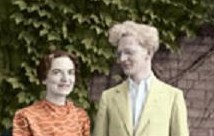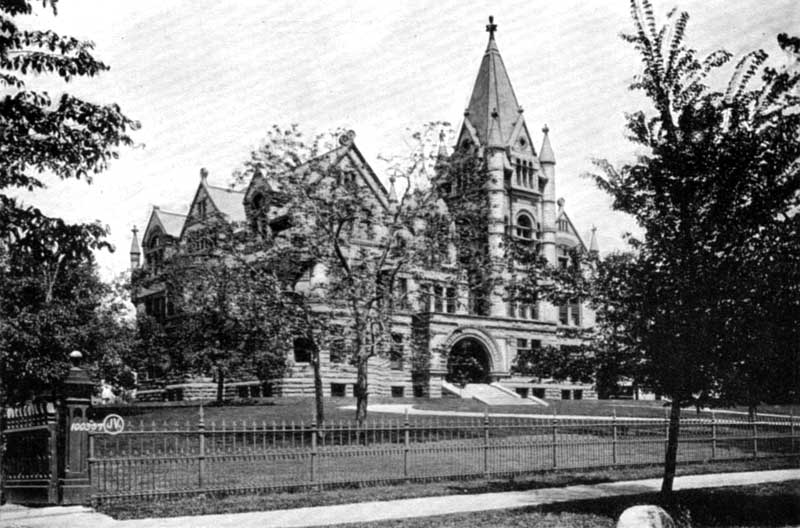
Regarding Today in the Frye Diaries, Frye’s response to Helen’s death 40 years later.
From Northrop Frye’s Late Notebooks, 1: 137–40, 142, 144, 145, 148, 150, 153, 156, 160, 191, 197, 204, 254, 345, 374, 379–80
This is not a diary, but Helen is dead. Not of cancer: she died in peace, I was told. Her Alzheimer fantasies were already turning her against me: she seemed to feel I could get her out of hospital if I only wanted to. It’s better for her to go now than to go through the final Alzheimer cycles, and it was very like her to slip out of the world so unobtrusively. I know nothing: Ned’s “iron door” doesn’t budge a crack. I think I know when she died—3.10 p.m. AEST,—but that may be an illusion. But they say there are helpers, and for so gentle and pure a spirit there must be. My hunch is that grief of survivors, being so largely self-pity, distresses, perhaps even impedes, progress to a world that makes more sense. I know that she would forgive me my sins of indolence and selfishness in regard to her, and therefore God will. I hope only that she knows now that I genuinely loved her very dearly, so far as human frailty permits. God bless, protect, and keep her among his own. I hope to see her again; but perhaps that is a weak hope. Faith is the hypostasis [substance] of what is hoped for, the elenchos [evidence] of the unseen. The one thing truly unseen, the world across death, may, according to my principle, be what enables us to see what is visible. I dreaded seeing her in the hospital, because she never smiled at me: she would smile at Jane, but I couldn’t keep the worry out of my face and tone, and I bored her. Besides, when Jane [Widdicombe] told her she was in hospital and had to get better before she could go home, she said “I can take that from you.” When I tried to say the same thing, she said “Don’t be so portentous.” It was the last thing she said to me, and it sounds like an oracle. Meanwhile there is Jane, a daughter sent by God instead of nature. Guardian angels take unexpected but familiar forms, as in Homer.

